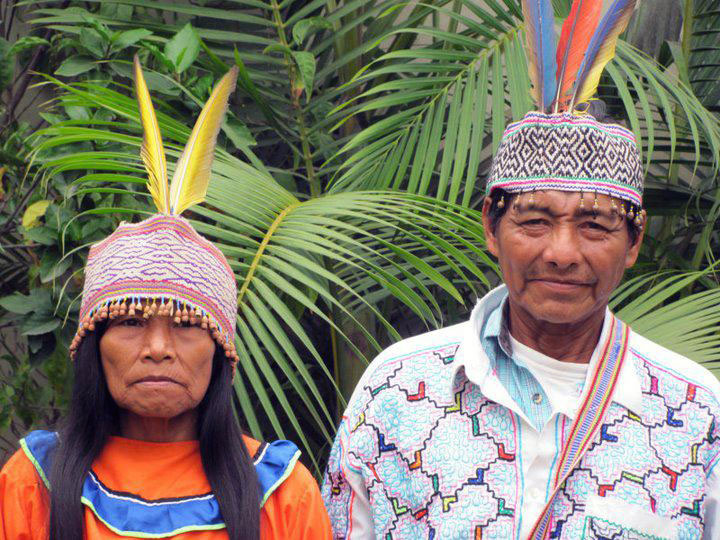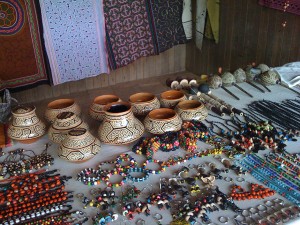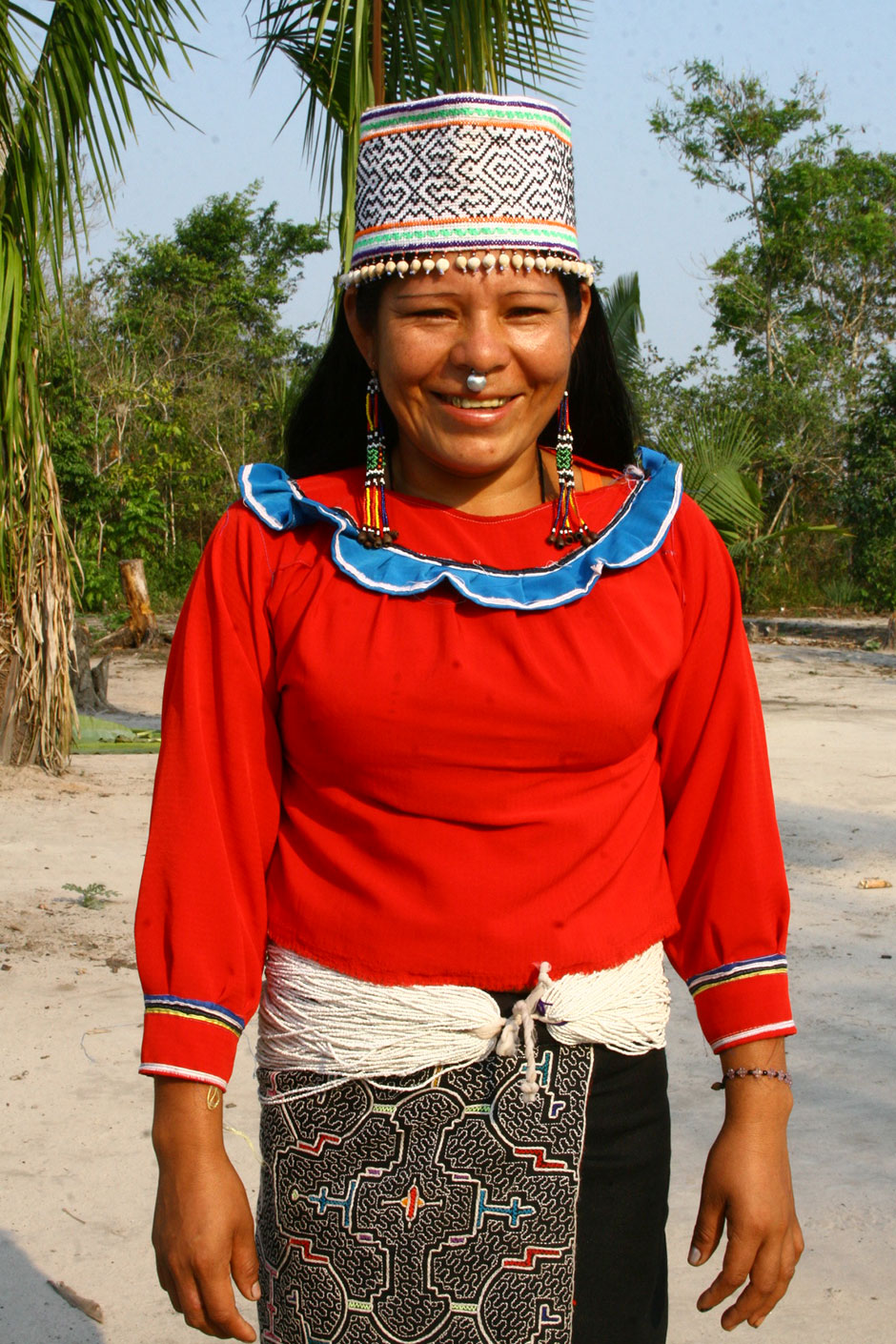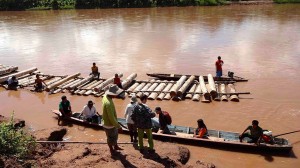The Shipibo-Konibo

The Shipibo-Konibo are an indigenous people who live mainly along the Ucayali River and its tributaries in the Amazon rainforest in Perú. Numbering approximately 30,000 the Shipibo-Konibo were formerly two groups, the Shipibo and the Konibo, who eventually became one distinct tribe through intermarriage and communal ritual.
Lifestyle, tradition and diet
The Shipibo-Konibo live in the 21st century while keeping one foot in the past spanning millennia in the Amazonian rainforest. The Shipibo are known for many of the traditions that they still practice, such as ayahuasca shamanism and their artisanal skills such as textile making, embroidery and pottery.

Shipibo-Konibo women are the primary makers of beadwork and textiles, but are probably best known for their pottery, decorated with maze-like geometric patterns called kené. While these ceramics were traditionally made for use in the home, an expanding tourist market has provided many households with extra income through the sale of pots and other craft items.
The intricate designs found in Shipibo handicrafts represent their own spiritual visions and are not figurative, but lineal, like an intent to trace the infinity hidden in the leaves of the trees, the ripples in the water, and the patterns and constellations of the sky.
Shipibo art does not represent nature but is rather a form of communicating with their environment and particularly with the spirits of the plants, rivers, trees and animals. And so each piece of handcrafted work represents an open dialog with the jungle; a universal dialog where man does not simply lay down the rules, but lives in communion with the jungle itself. Everything is possible in this magical world where the passage of time is calculated according to the rise of the river or the blooming of the flowers.

Some of the urbanized people live around Pucallpa in the Yarina Cocha, an extensive indigenous zone. Most others live in scattered villages over a large area of jungle forest extending from Brazil to Ecuador.

The traditional Shipibo diet consist of river fish, yucca and fruits. Now however, the situation in some areas has deteriorated due to global weather changes limiting the diet to yucca and fish.
Due to drought followed by flooding, many mature fruit trees have died, and some of the banana trees and plantains are struggling. Global increases in energy and food prices have increased due to deforestation and erosion along the Ucayali River.
The basic needs of the people are more important now than ever, affecting their long term planning abilities. There is now a sense that hunger may not be that far off for those in the farther reaches of the Shipibo nation.
Like all other indigenous populations in the Amazon basin, the Shipibo-Konibo are threatened by severe pressure from outside influences such as oil speculation, logging, narco-trafficking, conservation, and westernization.
Entry adapted from Wikipedia and Kilca Peru Travel News.